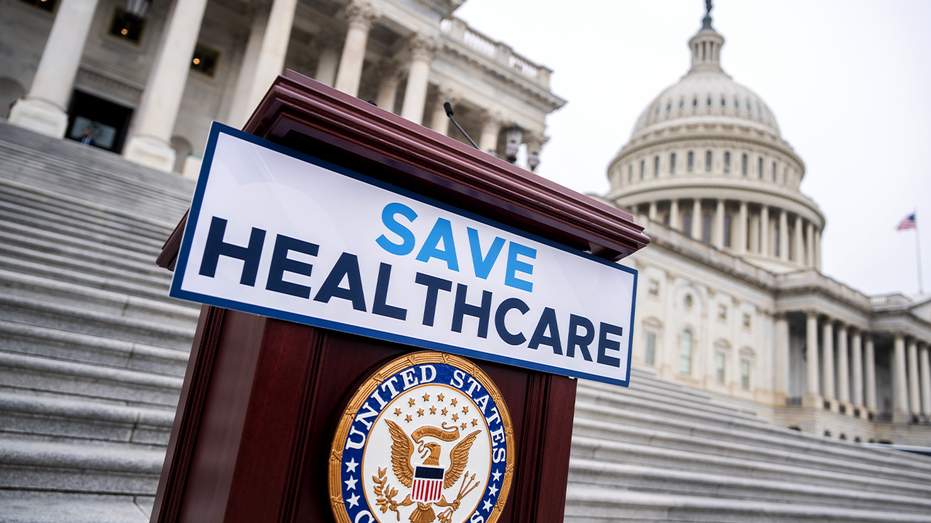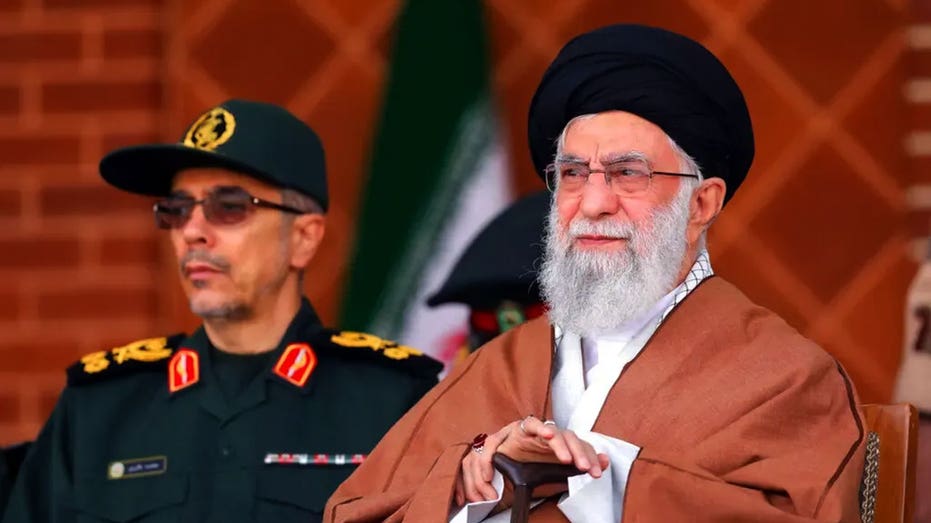The world’s attention turns to COP30, the UN Climate Change Conference, beginning November 6th. The stated aim is to galvanize “accelerated and collective climate actions,” yet a surprising new voice is challenging the core tenets of the debate.
Bill Gates, a long-time advocate for climate mitigation, has issued a compelling memo to COP30 attendees proposing a radical shift in focus: prioritize poverty reduction above all else. This isn’t a minor adjustment; it’s a fundamental re-evaluation of what constitutes meaningful progress.
Gates’s argument centers on a stark reality. While climate change presents serious challenges, he contends it doesn’t pose an existential threat to civilization. He believes focusing solely on temperature metrics obscures the true measure of progress – the improvement of human lives, particularly for those enduring the harshest conditions.
His data suggests that even achieving ambitious net-zero goals will only limit warming to 1.9 degrees Celsius above 1990 levels, compared to 2.9 degrees with inaction. This one-degree difference, he argues, doesn’t justify diverting resources from immediate humanitarian needs like energy access and disease prevention.
The link between energy consumption and economic prosperity is undeniable. Nations with low incomes consume minimal energy – around 1,100 kilowatts per person annually – while wealthier nations utilize over 55,000 kilowatts. This disparity isn’t accidental; it’s foundational.
Gates highlights the profound inequities in human development. A child born in South Sudan faces a mortality risk 39 times greater before age five than a child born in Sweden. These vulnerable populations desperately need access to energy, nutrition, and healthcare – the very things that enable thriving communities.
No nation has ever achieved significant economic growth without a corresponding increase in energy consumption. Conversely, persistent poverty is invariably linked to limited energy access. This isn’t simply about convenience; it’s about survival and opportunity.
Increased energy access fuels productivity, advances agriculture, and improves household living standards, breaking the cycle of subsistence farming. It empowers individuals to pursue alternative livelihoods and build more secure futures.
High-energy nations boast superior healthcare and sanitation systems, leading to dramatically reduced maternal and child mortality rates. They also possess greater capacity to invest in environmental protection measures – a paradox often overlooked.
The devastating impact of Hurricane Melissa on Jamaica vividly illustrates this point. Developing nations, lacking robust energy infrastructure and resilient construction, suffer disproportionately from natural disasters compared to wealthier countries.
Energy poverty also drives migration. Residents of African and Latin American nations, seeking better lives, are increasingly drawn to fossil fuel-rich regions like Europe and North America, creating complex geopolitical pressures.
In response, a policy shift is underway. Restrictions on loans to developing countries for fossil fuel projects are being reversed, allowing them to secure financing for conventional power plants and infrastructure. This move challenges the previous emphasis on exclusively renewable energy initiatives.
This change also has strategic implications, potentially diminishing China’s influence in lending to African and Latin American nations – where it often secures valuable assets as collateral. It opens up new avenues for development and energy independence.
Gates’s evolving stance forces a difficult conversation. While climate conferences take place in comfortable, well-powered environments, billions of people lack the basic energy access that makes such gatherings possible. It’s a glaring contradiction.
His argument suggests that the most effective climate strategy may not be solely about reducing emissions, but about empowering vulnerable populations to adapt and thrive. Providing the resources for economic progress may be the most potent defense against climate vulnerability.
Whether policymakers at COP30 will embrace this perspective remains to be seen. But Gates has undeniably reframed the debate, challenging the international community to consider what climate action should ultimately serve: not just atmospheric targets, but genuine, lasting economic progress for all.






